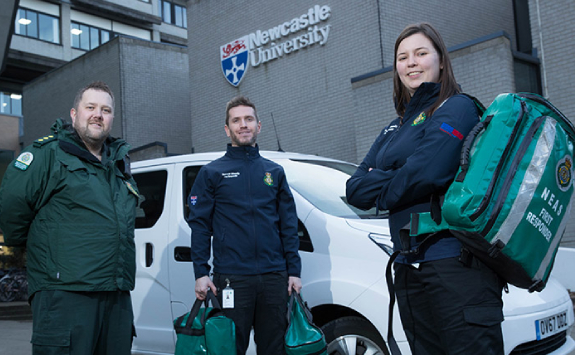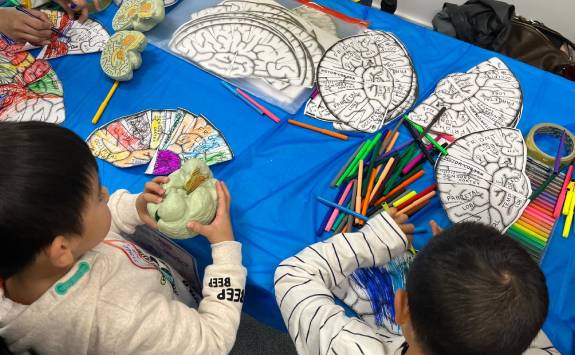Join in
We have groups in our Faculty who carry out regular engagement activity every year, working with our local community to benefit their health.
Cell Detectives
The Cell Detectives began in 2018 with a vision to transfer their enthusiasm to the public. They hope to share a passion for science, technology and experimentation.
They use a combination of fun activities, workshops, and games. This gives the public a chance to use cutting-edge scientific equipment. It allows the public to better understand the microscopic world through exploring everyday objects from a whole new perspective.
By bringing along their team of scientists, they examine tissues and cells with the public. This in turn engages the public with their research.
If you are a staff member or postgraduate student, contact the team to get involved. You can also contact the team if you would like them to visit your school, club organisation or museum.
The group also contributes to wider University initiatives. These include Apprentice Students on Campus. This helps introduce schoolchildren to the University and its courses.
For more information on Brush Up or outreach events, please contact Brush Up.
Health check-ins
Hosted by the School of Pharmacy and in collaboration with Newcastle GP Services. Health Check-ins are available to the public. Our Pharmacy students deliver them in community venues and a mobile unit across the city. If you would like to know more about this venture, please contact:
We also deliver Health Check-ins for our staff.

